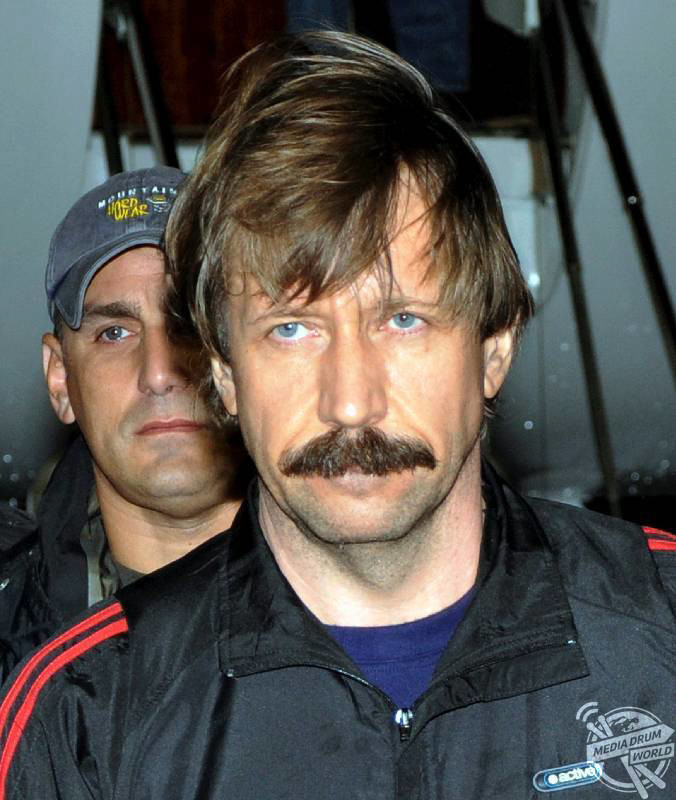
By Mark McConville
THE MOMENT the world’s most wanted arms dealer was captured thanks to the efforts of a former SAS soldier has been grippingly documented in a new book.
On March 6th 2008, dozens of Thai police and American agents barged the huge bodyguard out of the way and burst in on hotel room where the ‘Merchant of Death’, as Russian arms smuggler Viktor Bout, was known in the press, was hatching a multiple dollar arms deal with men he believed were South American terrorists, but who he was about to discover to his misfortune, were in fact undercover DEA agents.
Thai police commander Taksin Sathon ordered everyone’s hands up as the notorious Bout reluctantly raised his hands, and casually admitted, “The game is over”.
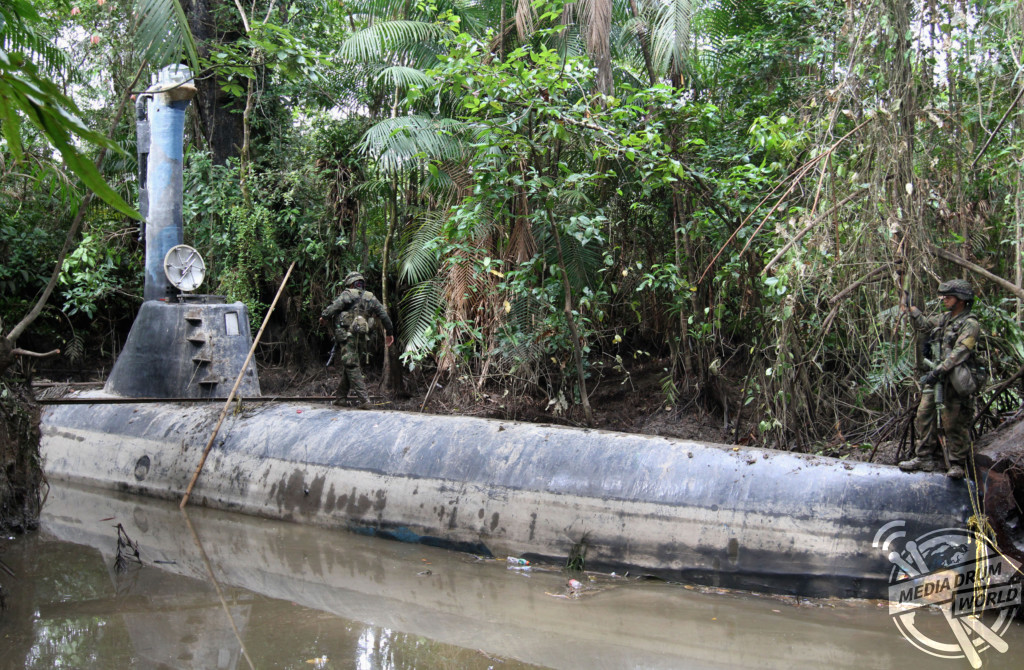
‘go-fasts’ – hugely-powerful speedboats – Boeing 727 air-freighters and even
submarines to run drugs into the USA and Europe.
This arrest in Bangkok, Thailand was the culmination of a decades-long pursuit of Bout, and an eight-month long sting operation by the US Drug Enforcement Administration (DEA). It was to create headlines around the world and cause an ongoing diplomatic row between Russia, which maintains Bout’s innocent to this day, and the West.
The full details of the operation to catch the world’s most-wanted criminal are revealed in a new book, Operation Relentless, by Damien Lewis and published by Quercus.
Two British men were instrumental in the operation to snare Bout, although one of them was unwittingly involved. Ex-SAS man and African bush pilot Michael Snow was recruited by the DEA as a confidential source. He was the man tasked with gaining Bout’s trust.
To do this he convinced British-born former South African Air force officer and bush pilot Andrew Smulian to meet the fake FARC men and bring the deal to Bout.
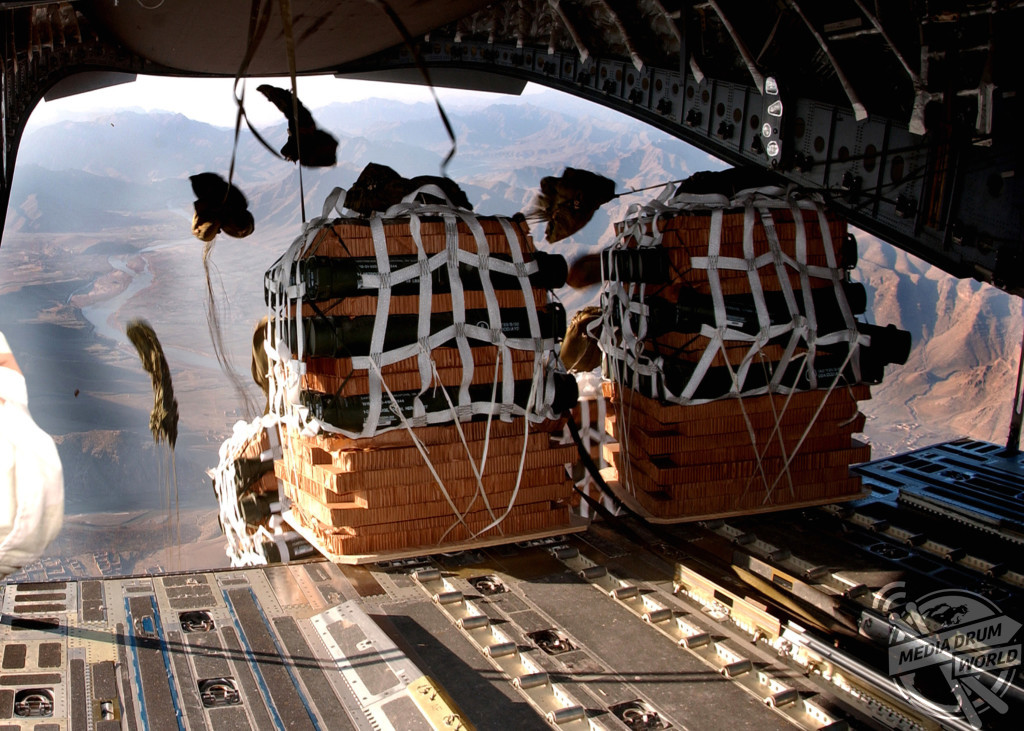
air-freighters at night direct into the FARC’s bases deep in the Colombian jungle.
[Photos marked ‘Government Exhibit’ were used as evidence in Bout’s US trial].
Snow had initially asked for Smulian to have immunity, but changed his mind after Smulian was recorded attempting to cut him out of the ‘deal’.
When Smulian was arrested alongside Bout, the South African switched sides and became the star witness in Viktor Bout’s trial. He was only sentenced to five years in prison due to his co-operation.
Author Damien Lewis also revealed how close the British had come to capturing Bout before Operation Relentless.
“Just prior to the Americans’, Operation Relentless, the British had set up a top-secret operation called Task Force Bloodstone,” he said.
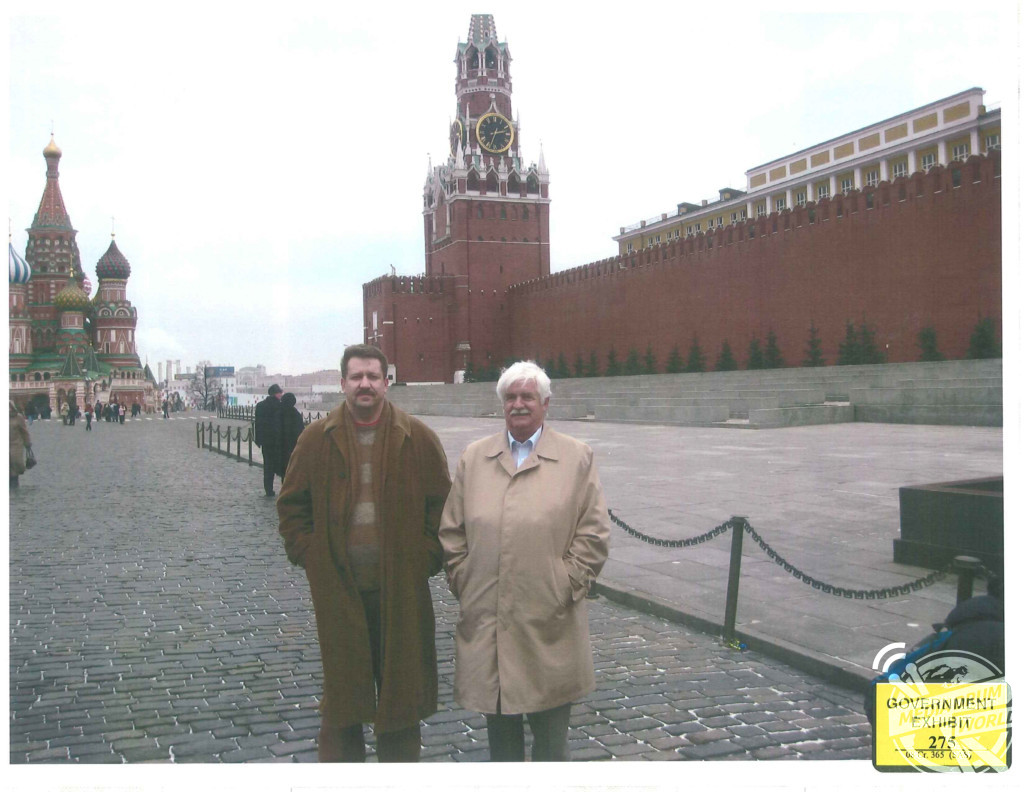
business partner of Bout’s, in Moscow’s Red Square. They met to agree a multimillion
dollar deal to sell tonnes of weaponry to the FARC, including hundreds
of Igla anti-aircraft missiles.
“Bout was flying into war zones, with a helicopter gun ship or two or a load of AK47s and often he would take his payment in uncut gems. He would fly in with a gemmologist and he would value the parcel of stones, work out how much it was worth and he would get paid in those stones.
“He would fly those stones to Antwerp or Tel Aviv and turn them into cash so the Brits called their taskforce bloodstone and it was set up at the behest of the Foreign Office and it was Mi6 agents with GCHQ and SAS and they hunted Bout’s operations worldwide.
“They came very close to getting him in Greece. He was scheduled to fly into Athens in some deal and as his aircraft was flying form Moldova to Athens he got a warning call, heaven knows how and he managed to debus (alight) in some mountains.
“There was a landing strip and he got off. When the plane landed in Athens he wasn’t on it. So, bloodstone was foiled. By that kind of time, 2005/2006, he knew how closely the net was being drawn so he largely retreated to Moscow and countries friendly to the former Soviet Union where he knew he would be safe.”
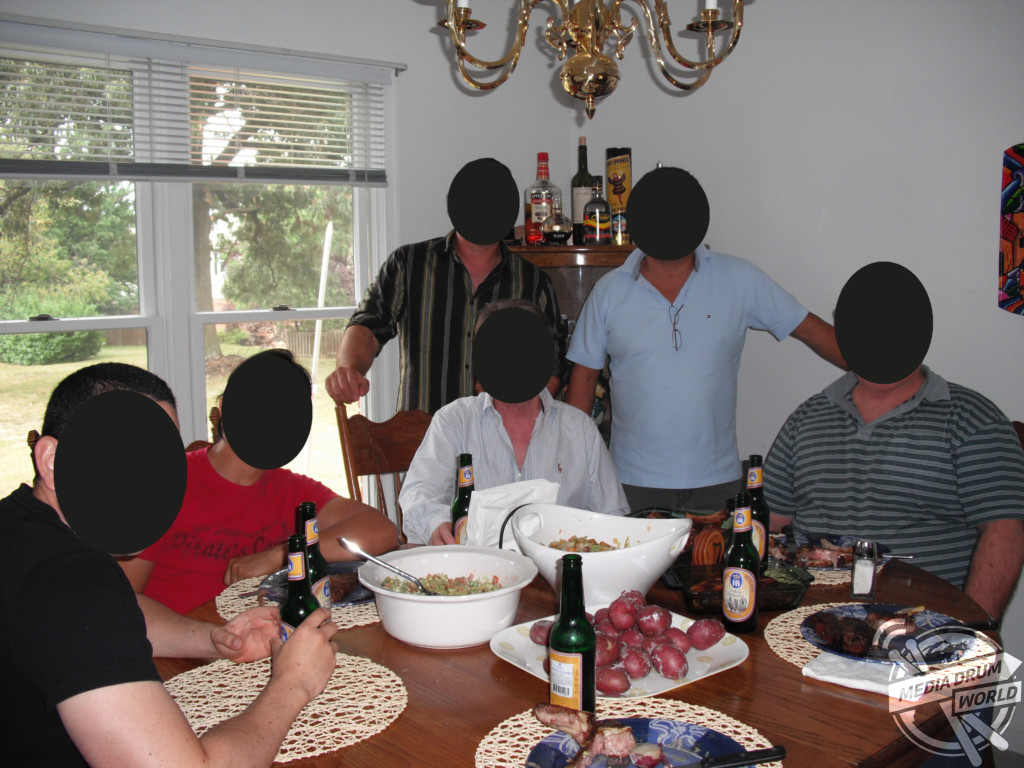
team celebrates the success of the
sting. From left of picture, standing:
Carlos Sagastume ‘The King of Sting’,
Pierre Villard, Ricardo Jardeno ‘El
Comandante’, Mike Snow ‘The Bear’.
Faces obscured, as they still serve on
undercover operations.
Mr Lewis also explained why Britain and America decided to go after Bout at the turn of the millennium.
“The catalyst for the attempt to capture Bout was when Royal Irish Soldiers were captured in Sierra Leone in 2000,” he added.
“Britain was in Sierra Leone trying to stop the war and Bout was arming the rebels, who captured the British soldiers. He was taking his payment in diamonds.
“The British realised these rebels they were fighting were being armed by Russia. The same thing was happening next door in Liberia with the USA.
“Bout was arming Liberian rebels there. So, there was a coming together of interest between Britain and America.”
Bout was so hard to capture, partly because he appeared to have high-level backing from the Russian government.
“This guy was at the peak of the business, top of the pile,” said Mr Lewis.
“He was dealing in anything from the humble AK47 up to the MI24 soviet Russian helicopter gunships which is the Russian equivalent of the Apache.

flying for entrepreneur, reputed billionaire,
former Soviet military and suspected Russian
intelligence agent, Viktor Bout.
“These things were being shipped all over the world to war zones, embargoed sanctioned warzones under UN sanctions, terrorist operations so the means to get weaponry into the hands of the wrong people is global and we just don’t have mechanisms to stop it all.
“You can’t trade MI24 gunships, you don’t buy these things in Tesco, you have to have top level government sanction to do this so he had to have the support and blessing of top men in the Russian regime so this was state sanctioned.”
The man who witnessed Bout’s arrest, ‘The King of Sting’ Carlos Sagastume was one of the DEA undercover agents posing as a Revolutionary Armed Forces of Colombia (FARC) fighter who was arranging to buy arms, from AK47s to surface-to-air missiles, from Bout.
Carlos is still an active DEA undercover source and is the most experienced and successful DEA undercover operator of all time.
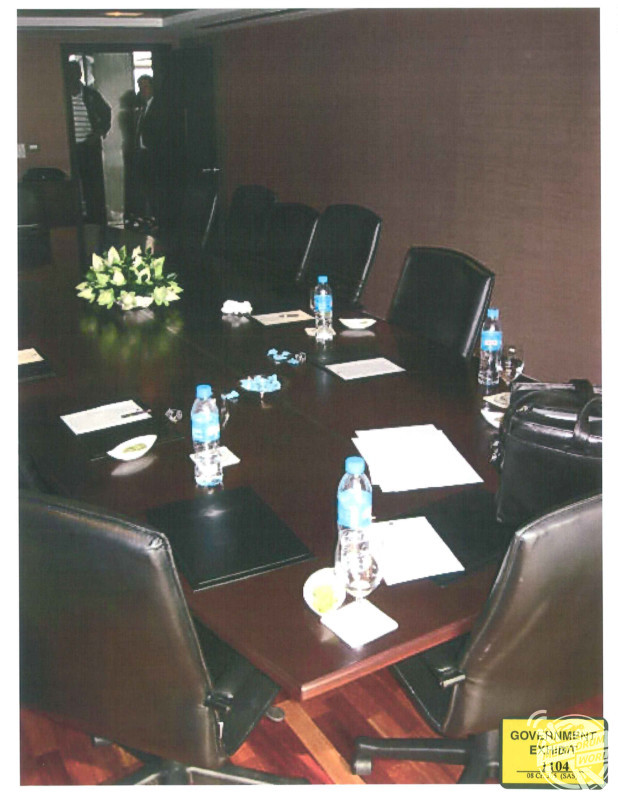
Hotel, Bangkok, to which Bout, and his
Russian bodyguard Belozerovsky, were
lured by the DEA undercover team, and
where the hit went down.
“I was present at Bout’s arrest and that it was one of the most exciting moments of my life,” he said.
“I was extremely happy that this dangerous person lost his freedom. It was a roller coaster of emotions for me and the team.
“At the end of the day, it was such a powerful feeling to know that so many lives were saved. It doesn’t get a lot better than that.
“In January 2008, I was asked to join a sting operation planned to capture Bout. I was assigned to pose as a FARC member who wanted to buy missiles, explosives, sniper rifles, AK 47s, and tons of ammunition.”
The DEA had become involved in the pursuit of Bout mainly due to the failure of conventional law enforcement and special forces to capture him.
Everyone was after Bout, but no-one could touch him in his sanctuary of Moscow. Carlos offered another reason for the DEA’s involvement.
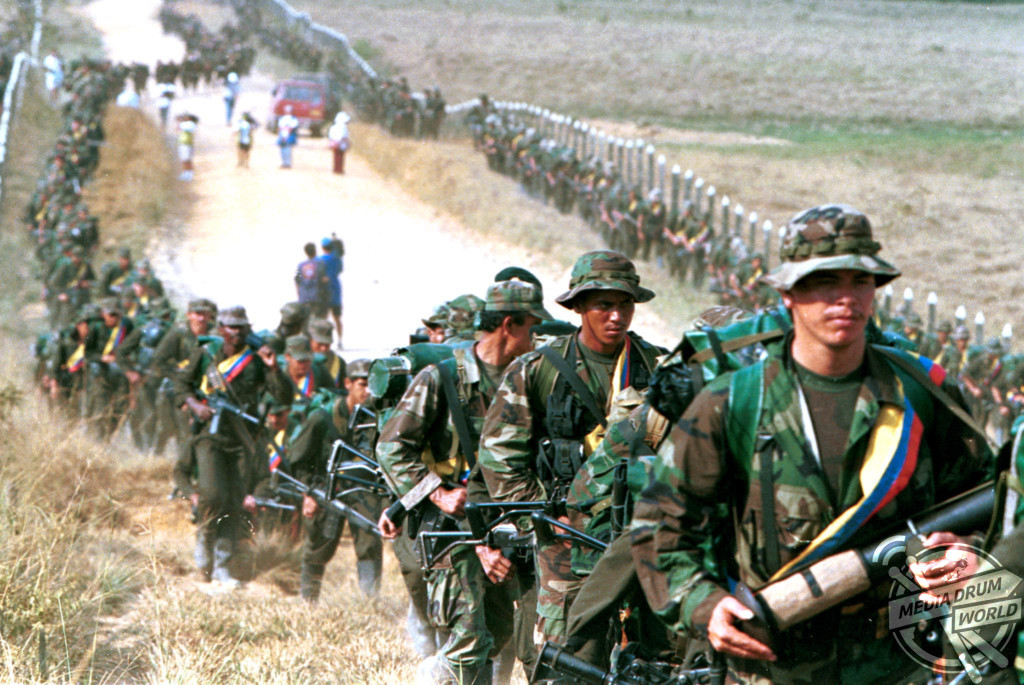
of Colombia – were known to be seeking sophisticated weaponry to further their war
against the state: could Bout somehow be drawn into a deal to sell arms to the FARC?
“In the modern age drug traffickers and arms traffickers often work side by side,” he explained.
“It made sense for the DEA to be called in; at the Special Operations Division, we’re often after arms, drugs and major criminal players.
“And more and more often they use the same smuggling networks and find common cause.”
This was something the book’s author, Damien Lewis, explained further.
“I guess most scarily of all to me was the revelation of how you know we think of the arms trade and the drugs trade and terrorism as being separate things,” he said.
“They aren’t anymore. These mafias have realised they can make common cause by using the same networks you smuggle arms with to smuggle drugs and indeed to further terrorist gains and that’s the scariest thing of all.
“Especially cause they all have the same enemy which is largely western-driven law enforcement and counter terrorism, counter narcotics agencies so they have a reason to make common cause.”
After his dramatic capture, Bout languished in a Thai prison for more than two years before he was finally extradited to America in August 2010. The Russian was convicted on November 2nd 2011 of all charges brought against him. He was sentenced to 25 years in prison, the minimum sentence.
Operation Relentless, by Damien Lewis, is published by Quercus. The Hardback version will be available from May 18th 2017 at a price of £20.





